Winter brings a unique set of challenges for our skin. The drop in humidity, cold winds, and indoor heating can leave even the healthiest complexions feeling dry, tight, and uncomfortable. To keep your skin soft, supple, and glowing, it’s essential to adjust your skincare routine to include more hydrating and moisture-locking products. In this blog post, we’ll dive into the science of winter skin hydration and provide effective tips to keep your skin moisturized all season long.

Why Winter Weather Dries Out Your Skin
During winter, the air becomes cold and dry, and when humidity drops, it pulls moisture from our skin. This effect is intensified when we spend time indoors with heaters, which also dry out the air. Without proper care, our skin’s moisture barrier can become compromised, leading to dehydration, flakiness, and an overall dull complexion.
When the moisture barrier is weakened, it can’t retain water as effectively, making it easier for external aggressors to penetrate. This can result in sensitivity, redness, and even breakouts. By prioritizing hydration and using products that support the moisture barrier, you can combat these winter skincare issues and keep your skin healthy.
Essential Winter Hydration Tips
1.Switch to a Hydrating Cleanser
Your choice of cleanser plays a big role in how your skin retains moisture, especially in winter. Harsh, foaming cleansers can strip your skin of its natural oils, leaving it feeling dry and tight. Instead, opt for a hydrating cleanser with gentle, nourishing ingredients. Look for cleansers that contain ceramides, hyaluronic acid, or glycerin to keep your skin clean without compromising its moisture levels.
Pro Tip: Avoid hot water when washing your face, as it can strip away essential oils. Stick to lukewarm water for cleansing, and pat your skin dry with a soft towel instead of rubbing.

2.Incorporate a Hydrating Serum
Hydrating serums are your best friend during winter. Look for serums that contain humectants like hyaluronic acid, glycerin, and aloe vera, which draw moisture into the skin and help lock it in. These ingredients create a plumping effect and keep your skin hydrated throughout the day. Applying a serum before your moisturizer helps boost hydration levels, leaving your skin feeling refreshed and dewy.
How to Use: Apply a few drops of your serum on damp skin after cleansing, as this will help maximize its effectiveness by drawing in even more moisture.
3.Layer with a Rich Moisturizer
In winter, it’s a good idea to switch from a lightweight moisturizer to a richer, creamier one. A thicker moisturizer provides a protective barrier, sealing in moisture and preventing it from evaporating. Look for moisturizers with ingredients like ceramides, squalane, and shea butter, which create a barrier that helps retain hydration.
Pro Tip: Don’t forget to moisturize both morning and night. At night, consider using an overnight hydrating mask or a thicker cream to give your skin an extra boost of moisture while you sleep.

4.Add an Oil to Lock in Moisture
Facial oils are excellent for winter hydration because they seal in moisture, keeping your skin nourished and radiant. Oils like squalane, jojoba, and rosehip oil work well for most skin types and can be used as the final step in your routine. Adding a few drops of oil to your moisturizer can provide extra hydration and keep your skin soft and smooth.
How to Use: After applying your moisturizer, use a few drops of oil and gently press it into your skin. If you have oily or acne-prone skin, choose a lightweight, non-comedogenic oil to avoid clogging pores.
5.Don't Forget Sunscreen
Sunscreen is often neglected in winter, but UV rays are still present, even on cloudy or snowy days. Sun exposure can further dehydrate the skin and lead to premature aging. Applying a broad-spectrum SPF 30 or higher as the last step in your morning skincare routine will protect your skin from UV damage while helping it stay hydrated and healthy.
Pro Tip: If you’re concerned about dryness, opt for a sunscreen that includes hydrating ingredients like hyaluronic acid or ceramides.
6.Use a Humidifier at Home
Indoor heating can create a dry environment that depletes your skin’s moisture. Using a humidifier helps add moisture back into the air, keeping your skin from drying out. Place a humidifier in your bedroom or office to maintain a comfortable humidity level. This is especially helpful overnight, as it prevents your skin from becoming dry and flaky while you sleep.
Pro Tip: Aim for a humidity level of 40-60% in your home to maintain optimal hydration for your skin.

7. Exfoliate Gently to Remove Dead Skin
Dry, flaky skin can build up on the surface, preventing your hydrating products from penetrating effectively. Incorporating gentle exfoliation into your routine 1-2 times a week will help remove dead skin cells and allow your moisturizers and serums to work better. Choose exfoliants like lactic acid or fruit enzymes, which gently dissolve dead skin without stripping your skin.
Warning: Avoid over-exfoliating, as it can irritate and further dry out your skin. Stick to gentle exfoliants and use them sparingly.
8.Hydrate from Within
Winter hydration isn’t just about what you put on your skin—it’s also about nourishing your body from the inside. Make sure to drink enough water throughout the day, and consider warm herbal teas if cold water is less appealing. Eating water-rich foods, like cucumber, oranges, and soups, can also support hydration and contribute to healthy, glowing skin.
Bonus Tip: Incorporate foods rich in omega-3 fatty acids, such as salmon, chia seeds, and walnuts, which help support the skin barrier and maintain moisture levels.
Sample Winter Skincare Routine
Here’s a sample winter skincare routine to keep your skin hydrated and healthy
- Cleanser : Start with a hydrating, gentle cleanser.
- Toner or Essence : Apply a hydrating toner or essence with hyaluronic acid or glycerin.
- Serum : Use a hydrating serum with hyaluronic acid or vitamin B5.
- Moisturizer : Follow with a rich, ceramide-infused moisturizer.
- Facial Oil (PM) : Add a few drops of facial oil to lock in moisture.
- Sunscreen (AM) : Finish your morning routine with SPF 30 or higher.
- Weekly Exfoliation : Exfoliate gently once or twice a week with a lactic acid or enzyme-based exfoliator.

Embrace Winter with Confidence
Keeping your skin hydrated during winter doesn’t have to be a struggle. With the right ingredients, habits, and products, you can protect your skin from the harsh effects of cold weather, ensuring it stays soft, smooth, and radiant. Remember, winter is a great time to embrace a skincare routine focused on nourishment and hydration. Your skin will thank you for the extra care, and you’ll enjoy a beautiful, healthy glow all season long.
So, bundle up, stay cozy, and give your skin the hydration it needs to thrive this winter!


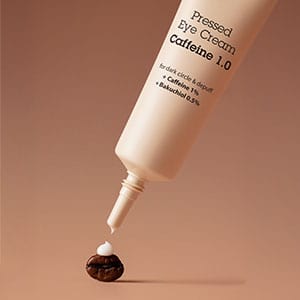
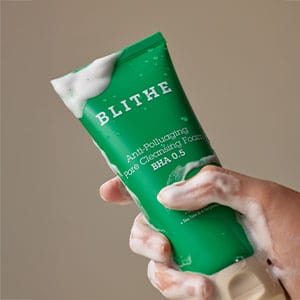

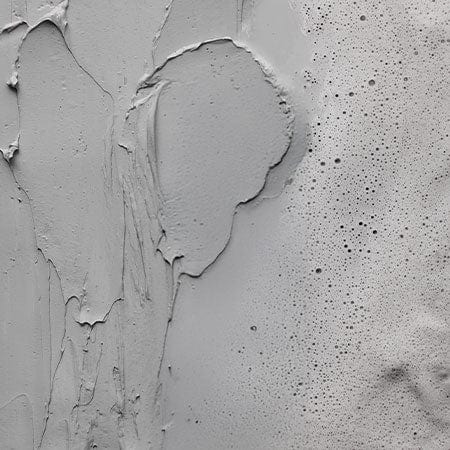
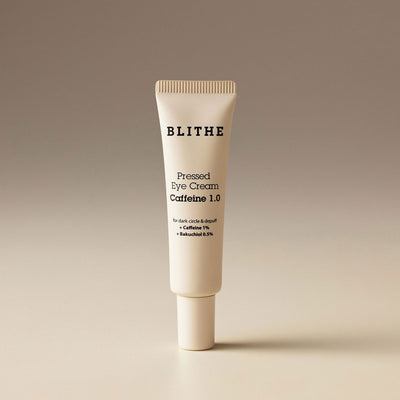
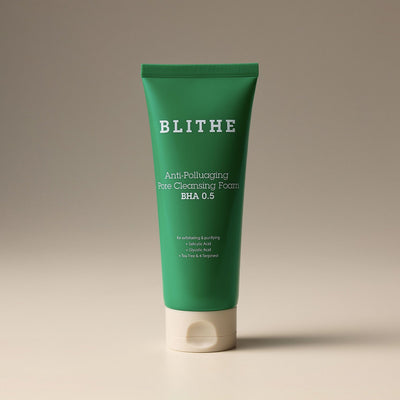
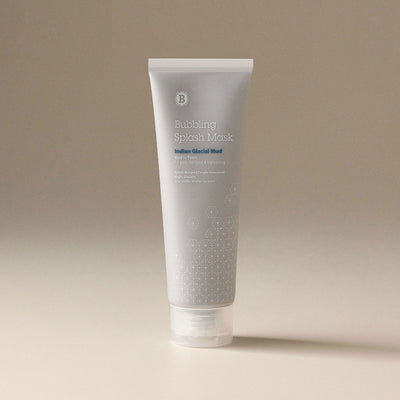
Leave a comment